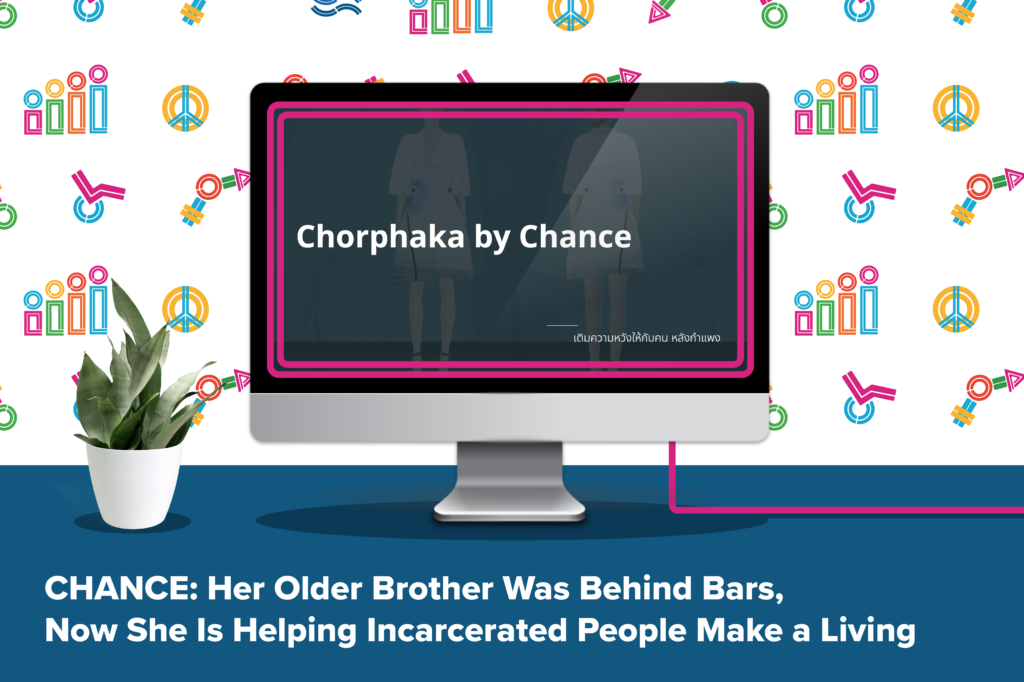- Published Date: 29/11/2021
- by: UNDP
6 ways to be Trans-allies

“Why is every single thing so sensitive when it comes to the issue related to transgender people?”
“Well, no one ever taught me transgender thing.”
“So how do you want me to act around transgender people?”
These are just some often-heard questions from the end of the conversation wrapping up the topic of “transgender”. In fact, a topic of transgender should be taught in fundamental education, not overlooked and excluded. Prejudice and nervousness against superficial knowledge on gender due to lack of papers and academic researches cause a lack of understandings in society today.
.
#JustForgetGenders – this type of advice can be an identity erasure at the end as it is erasing problems on specific genders, leaving them unsolved. Straight women have their own problems which are not like those of straight men or other genders. Therefore, it is important to look into the problems of each identity and resolve them together.
.
And our journey with “Transgender Youth” has come to the last episode. For the Transgender Awareness Week, GendersMatter together with UNDP Thailand would like to lastly give you advice on “6 ways to be trans-allies”:
.
1. Understand and respect their pronouns, no deadnaming.
2. Respect their public space uses.
3. Stop discriminating against transgender people.
4. Support for LGBTQ+ rights and advocate for the community.
5. Do not ask them questions you do not dare to ask any cisgender people.
6. Open your mind.
If you would like to add more information or share any stories, comment down below!

1. Respect their pronouns, no deadnaming.
.
Normally when parents name their child, the possibility that the child could be transgender is not considered. When their former name and pronoun suit their sex more than their identity, it can trigger these transgender people and remind them of their dark and miserable past.
Also, calling them by their new name and pronoun is to respect them and accept who they are. This supports their autonomy which means only they themselves can tell who they are and what their identity is without anyone forcing on them.

2. Respect their public space uses.
.
#ToiletAndTransgender – another controversial issue where many are against the idea as there might be some ‘imposter’ trying to blend in as a transgender person to use the opposite sex’s toilet for harassment purposes. However, this way of thinking is filled with gender bias that one gender is more aggressive and more likely to harm another.
.
Nevertheless, Thailand is quite familiar with transgender people, especially transwomen, so it is quite hard to say who is a genuine transgender, or an imposter. Needless to say, sexual harassment can happen to everyone regardless of their gender. To discriminate against transgender people not to use the public toilet according to their gender identity for the sake of other people is more likely to be a bias against them.

3. Stop discrimination against transgender people.
.
#Discrimination – To discriminate against transgender people is to not give them the respect a fellow human being should receive. There is no reason to hate someone just because of their gender identity and even if you do not agree with how they choose to live their life, it is not the reason why you should hate them.

4. Support for LGBTQ+ rights and advocate for the community.
.
Another way to be an ally is to help support transgender and other gender identities that are not presented much in the mainstream media to have better well-being. You can support for legalization of same-sex marriage, and other laws that encourage an individual’s gender identity, including pushing for gender transition to be one of the welfare as it is important and necessary.
.
Because good friends will not ignore
For their friend to have a better life.

5. Do not ask transgender people questions you would never ask any cisgender people. Just because they are funny does not mean they are a clown.
.
“So, have you…cut it?”
“Can I touch it?”
“Is it like a real thing?”
These are not what transgender people should accept. To meddle with a person’s body is an unmannered action that should not be done. So any questions you do not dare to ask anyone, including cisgender people, should not be asked to transgender people either.

6. Open your mind
.
One thing almost every transgender faces, especially in a society where gender diversity is not understood, is being suffered from the feelings that they need to keep everything within—they are unable to talk to anyone. So, to be a friend with a transgender person is to listen more. Be more open-minded, and do not share your opinion if you cannot understand their situations.
.
Because each individual has their own story, their experience differs.
If talking comes with a judgmental tone, then one should keep it with oneself rather than expressing.
























